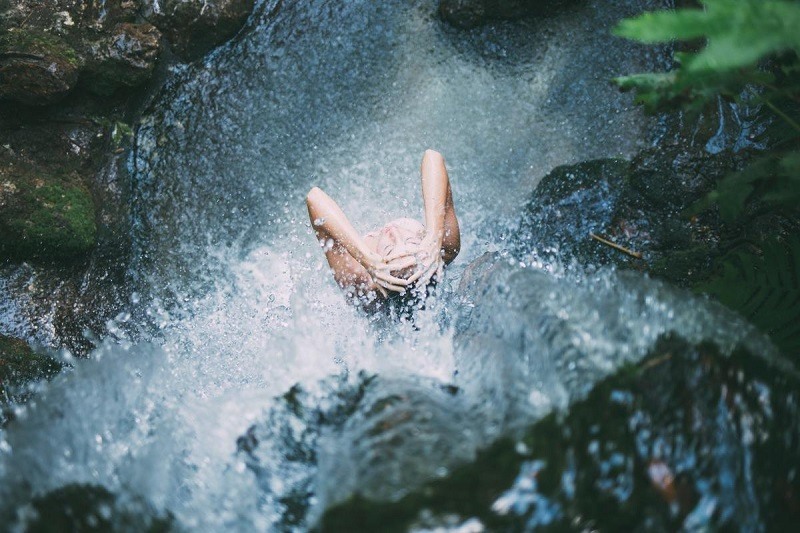
7 EASY WAYS TO Lower Your WATER USAGE AT HOME
In a bid to attack the worldwide water crisis and encourage that the 6th UN Sustainable Development Goal (water and sanitation for all by 2030), UN-Water sets annual topics and educates countless individuals around the globe about ways to reduce their water intake.
This season’s theme is about the inextricable connection between water and climate modification. By focusing on methods that we may alter our use to decrease flooding, droughts, lack, and contamination, the effort intends to help humankind adapt into the water effects of climate change–and, by extension, improve health and save lives. While most World Water Day events are canceled as a result of coronavirus, there are still lots of ways which you could participate in the protection of your house.
In honor of the year’s topic, we have compiled a listing of simple actions which you could take to lower your water intake!
- Take a 5-minute shower
Taking shorter showers is a fantastic way to conserve water, and it ought to help you save money, also. Not prepared to give up your 15 second morning karaoke session. Think about this: the normal showerhead uses 2 1/2 gallons of water each minute. Multiply this by 15 and you have wasted around 38 gallons of water before you have actually stepped out your front door! However, your water requires some time to warm you up. Think about keeping a distinctive bucket on your toilet and filling up it before the water reaches a comfortable temperature. Use what you’ve gathered to water your crops or for cleaning jobs.
- Give Meatless Monday an opportunity
Terrified of kale? Fear not: it is 2020 and the choices are endless. Look at swapping out the floor meat for lentils on your tacos or Bolognese or whipping up a huge batch of chickpea masala. Do this only 1 day every week and you’re going to be saving the roughly 350 gallons of water used to create the typical meat-based meal.
- Unplug your electronic equipment
You know that the production of power is fossil-fuel intensive, but were you aware that a whopping 90 percent of electricity generation can also be highly water intensive? Luckily, there is a very simple remedy to decrease your effect right now: if you are done using whatever digital, unplug it and closed it off. That is, it! Along with the consequences could appear on the next electricity bill: ghost power use accounts for 1/4 of use from the ordinary family.
- Do not waste food
As you may imagine, industrial agriculture wants a great deal of water. But were you aware that about 1/3 of food produced is wasted or lost? The fantastic thing is that squandering food may have a real effect on water waste, also. Think about starting a mulch, meal preparation, or perhaps growing more meals out of veggie scraps. Your wallet along with the entire world: it is a win-win!
- Shop sustainably
One pair of jeans made the conventional way occupies about 10,000 gallons of water. Consider that 1 individual would require 10 years to consume this far –and then that 5.7 billion people will experience water shortage by 2050–and you find the issue. So, look at doing a hands-off clothes swap, supporting sustainable or recycled manufacturers, or treating yourself to some thrift-store buying spree after it’s safe to do so. You will probably discover that you wind up with exceptional, high quality items for a fraction of the price that you’d normally pay.
- Break bad habits
While we 100% recommend for washing your hands thoroughly and frequently, we do not suggest letting your faucet run while you’re lathering up. So, catch the soap, then sing a tune, and follow CDC guidelines for your hearts content, but maintain that tap switched off till you are ready to wash! Doing so will save tens of thousands of bucks a month. And should you need to rinse veggies at a colander, think about putting a bowl under and reusing the water onto your houseplants or for cleansing jobs.
- Consider planting trees with us!
Trees are critical partners in the surface of water scarcity and climate change: they protect against storm surges, slow and absorb the stream of water, slow-release water vapor, and keep soil moisture, and maintain the soil together. What is not to adore?
We hope that these suggestions will make you feel confident in your ability to decrease your water use.